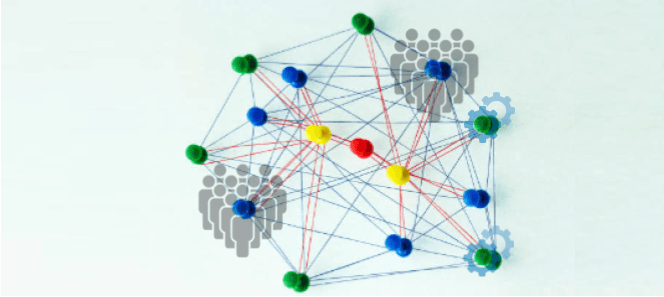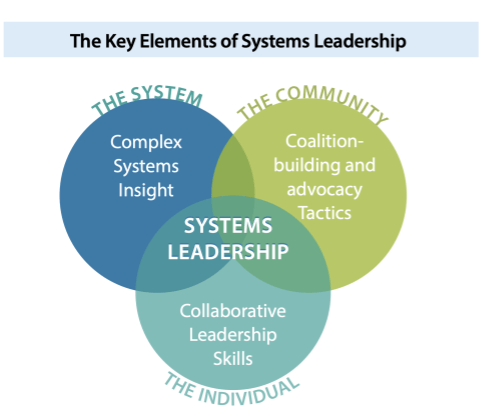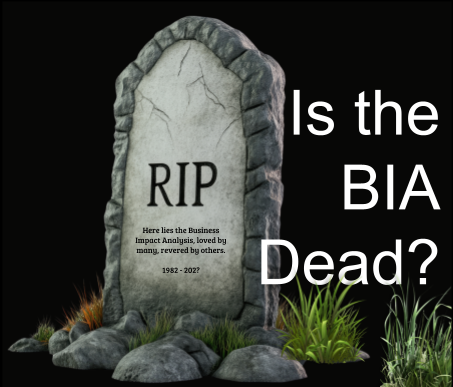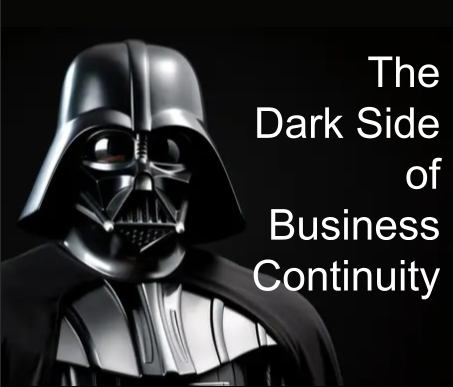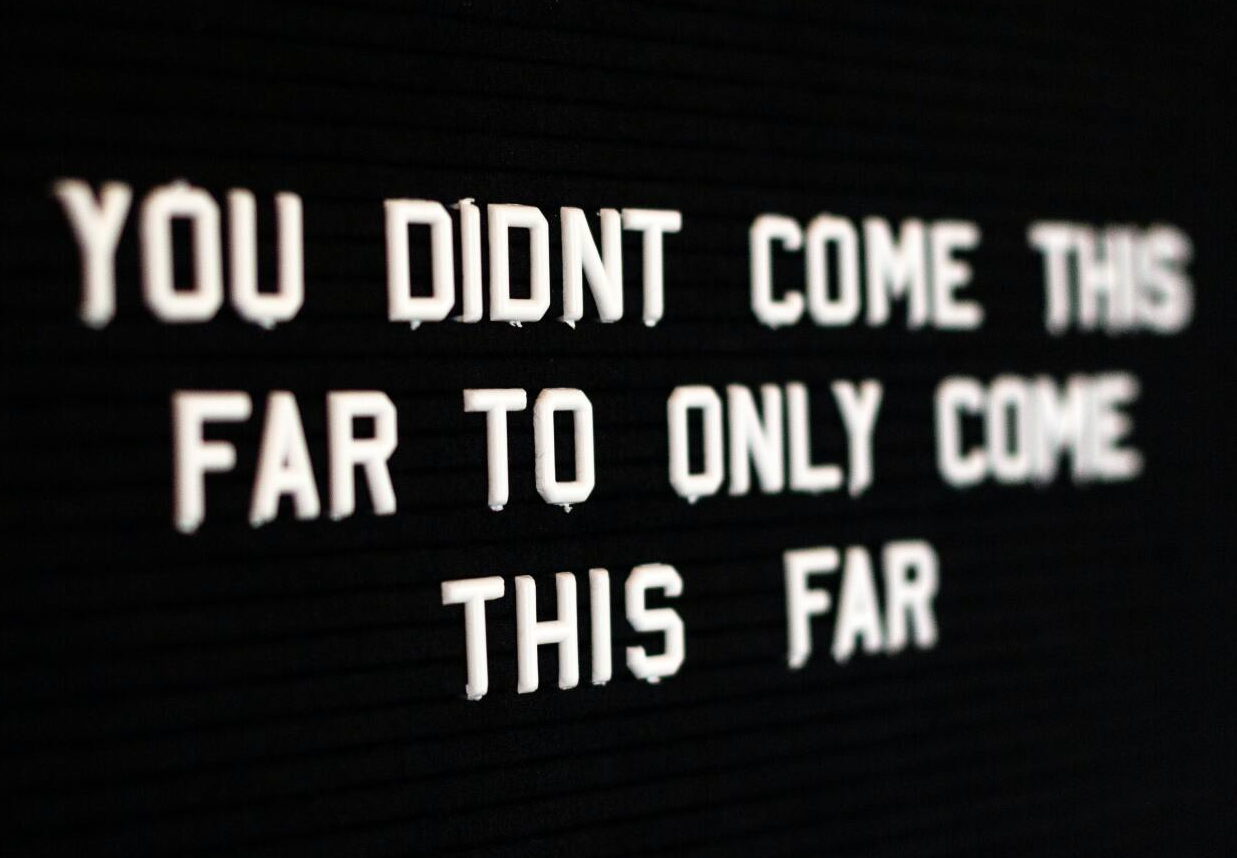Systems Thinking... Systems Dynamics... Systems systems systems.
Another Systems Buzz Word? Maybe. But a useful one.
Some time ago I was described as having applied systems leadership to a project I was delivering. It wasn’t a term I was familiar with, so, being the questioning type that I am, I took to the internet to find out a little bit more…and wow, it delivered.
I very quickly discovered this was a vast subject area. Systems, Systems Dynamics, Systems Thinking, Systems Leadership, Systems Entrepreneurship are just some of the terms I came across and each of them are interesting and in depth subjects in their own right.
Systems Leadership really isn’t complicated. If I were to take it to the most simplistic level I’d say it’s the use of
questioning,
influencing and
collaborating skills. Things that many of us do naturally in our workplaces without a second thought.
However, whilst it’s helpful to see it in a nutshell, it’s also quite reductionist and I felt that to understand Systems Leadership properly I needed to go a bit deeper and gain at least a basic understanding of what was behind it. What I am setting out to do here, is provide an introduction to Systems Leadership and share with you some of the points and expert views I’ve found most helpful in developing my own understanding.
I have also provided some suggested reading and learning resources for those, like me, who may want to explore a little deeper.
Systems and Systems Thinking
Let's begin with some clarity about what is meant here by
systems and systems thinking.
We’re not talking about computer systems or management control systems.
What we are looking at is interconnectedness and viewing an organisation as a dynamic process.
The OED describes systems as a set of things working together as parts of a mechanism or an interconnecting network; a complex whole.
Systems vary in their size and complexity but they are all around us. We are part of them in our families, at home, in our workplaces and in society, and there are systems within systems.
Systems thinking is about seeing the bigger picture, seeing the “complex whole” as well as the parts within it, that is to say the relationships, distinctions, systems and perspectives that are present in each and every system.
“Systems thinking is a discipline for seeing wholes. It is a framework for seeing interrelationships rather than things, for seeing patterns of change rather than static ”snapshots.” It is a set of general principles—distilled over the course of the twentieth century, spanning fields as diverse as the physical and social sciences, engineering, and management…. During the last thirty years, these tools have been applied to understand a wide range of corporate, urban, regional, economic, political, ecological, and even psychological systems.
And systems thinking is a sensibility—for the subtle interconnectedness that gives living systems their unique character.”
(Senge, 2006 pp 68-69)
As you can see, Systems Thinking isn’t new. However, in recent years it seems to have grown in consciousness, particularly in the public and charity sectors.
This is, in part, down to the large and complex systems found in those environments such as education, healthcare, transport and humanitarian concerns such as the global refugee crisis, modern slavery and climate change.
At first glance you might not think of some of these issues as systems. A seemingly more accurate description would probably be a ‘wicked problem’. In other words, a problem that is extremely difficult to solve due to its complexities and interconnectedness. However, when we perceive these issues as systems it becomes easier to think about them in a different way.
Systems Thinking is often described as holistic but that’s not an entirely accurate description. Yes it is holistic, but we also need to zoom in on the details. We apply analysis to isolate and view the parts and synthesis to pull everything back together to view the whole.
It doesn’t mean that as individuals we have to be experts in every aspect of the system. This is where we harness the power of the collective and Systems Leadership comes to the fore.
Systems Leadership
(Sorkin, 2016)
Systems Leadership is a set of skills and attributes that can be applied by anyone wanting to drive or support a systems level change. And, whilst it’s an ideal approach for the big and complicated social issues, I believe it’s just as valuable scaled down to organisational and workplace levels. Perhaps you have a particularly difficult situation or challenging project to manage, or a great idea but you need your voice heard to influence upwards. Adopting a systems leadership approach can be a great way to tackle these issues.
But what does all this look like in practice, how do you do it?
Talk to people about your vision, the changes you believe are necessary, get their views. Don’t be put off by those who disagree, listen to their reasons. Some people will be anxious about any kind of change but hear them out. They will shine a light on your blind spots. A room full of ‘yes men’ isn’t healthy, but there is a lot of value in constructive challenge.
Ask questions, find out how things work, what the interactions are, the dynamics at play, how things fit together.
Collaborate. Agree on a shared ambition. Involve people, use their passion, expertise and ideas and work across the boundaries. If everyone is working to the same end goal and adopting a systems mindset, your colleagues, each expert in their own area, will drive the change where it's needed. But don’t fall back into silo working. Facilitate ongoing communication.
Making changes in one area will undoubtedly impact on another so it’s vital to identify stakeholders and engage them. Draw on a wide range of views both internally and externally. Your stakeholders will all bring different perspectives, you’ll learn how they relate to one another, where the dependencies lie, where the tensions are and what the constraints are. This is where you gain your systems insight. Your role will see you bridging the gaps between the different parties whilst simultaneously holding the shared vision.
It’s not about one person leading from the top with a systems leader hat on. The power in systems leadership comes from these collaborative, dynamic relationships so do what you can to foster community and create a framework for creativity and change-making.
And let's deal with ego. You are a catalyst and facilitator of change but the end result will be a group effort, this is shared leadership. Take pride in the achievements of others and in the outcome.
Accept that this is going to take time. Part of your role as a systems leader is to create the space that’s needed to work through these complex issues. Give people time and space to think and be creative.
Get comfortable with uncertainty and working in ambiguity, accept that sometimes a partial solution might be the best you can reach.
And finally, remember you are part of the system and its associated problems, not separate from them. Real change comes when you accept this and work to co create transformation from within.
Systems Leadership: A tool for our times
Systems Leadership is a set of skills and capacities that any individual or organisation can use to catalyse, enable and support the process of systems-level change. It is comprised of three interconnected elements:

